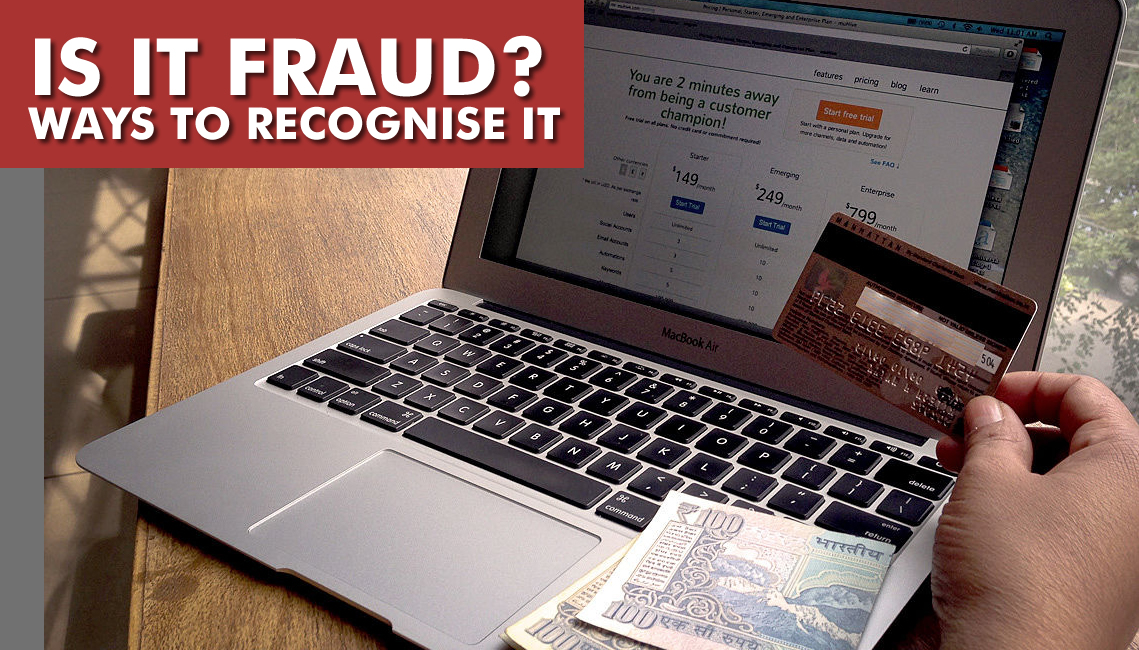Fraud is defined as dishonest activity causing actual or potential financial loss to any person or entity, including theft of money or other property, by employees or persons external to the entity; and where deception is used at the time, immediately before or immediately following the activity.
Our focus is on special fraud, which we determine using an indicative criteria:
- There are multiple victims (usually investors) of the suspected fraud
- The sum of money lost exceeds N2,000,000
- The alleged criminal transactions have significant legal or financial complexity beyond the resources of most other law enforcement agencies.
- In the case of bribery or corruption matters, we focus on crimes involving public officials, which could undermine public confidence in the administration of laws.
Special Fraud is distinct from other dishonesty offences that will ordinarily be a Police matter to investigate. As a small, specialised unit of the FCID, we focus on cases that are small in number, but large in terms of the scale of the alleged fraud and/or impact they have on public confidence in the administration of the law, or, the integrity of the business sector


 Sometimes the way people behave might suggest that they are committing a fraud. These signs are called ‘red flags’. Although by themselves they may not be any cause for concern, a few of these together might be enough to alert you that something isn’t quite right..
Sometimes the way people behave might suggest that they are committing a fraud. These signs are called ‘red flags’. Although by themselves they may not be any cause for concern, a few of these together might be enough to alert you that something isn’t quite right..